 |
 |
 |
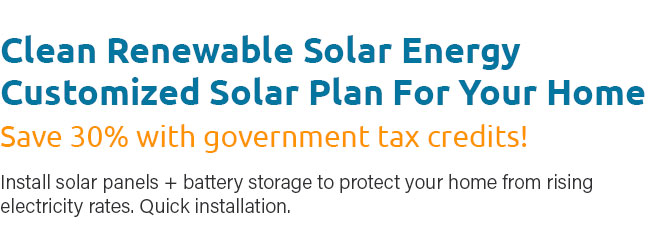 |
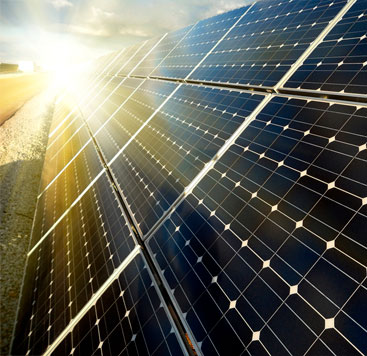 |
 |
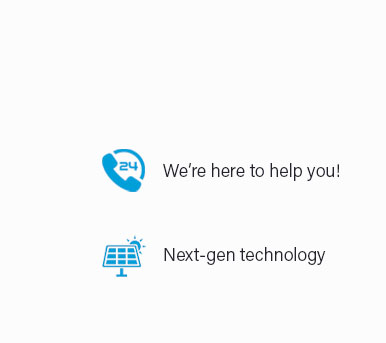 |
 |
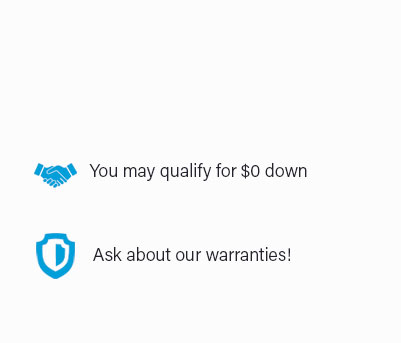 |
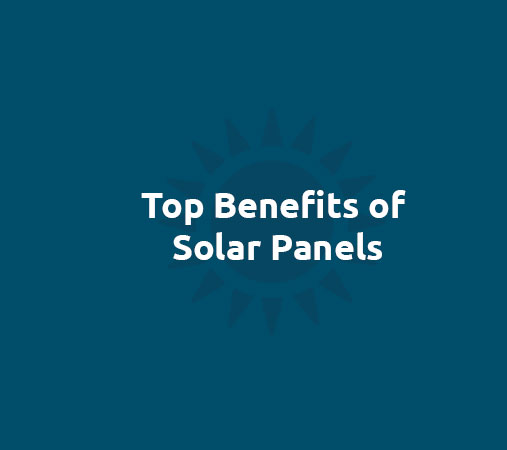 |
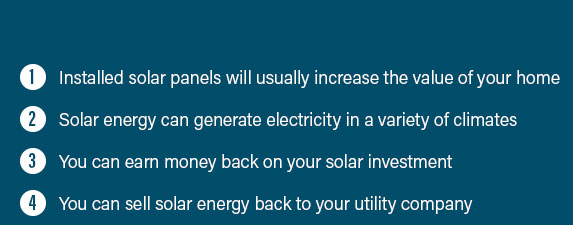 |
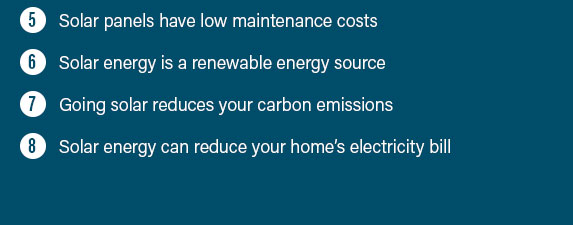 |
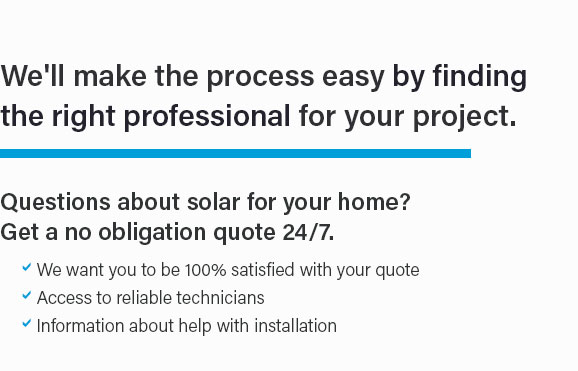 |
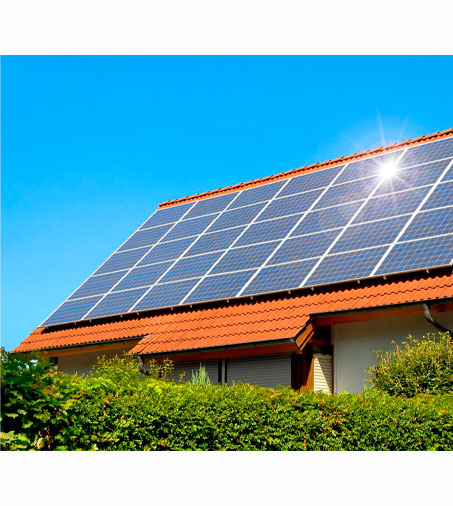 |
|
 |
 |
 |
|
Unlock the power of the sun with our unbeatable solar panel installation quotes-wondering how much it costs to install a solar panel? Let us illuminate the answer with transparent pricing and tailored solutions that promise not only to cut your energy bills but also to boost your home's eco-friendly credentials; embrace the future of energy with confidence, knowing you're investing in top-tier technology and unparalleled service designed to maximize your savings and sustainability, because every ray of sunlight is a step towards a brighter, cleaner tomorrow.
https://www.energysage.com/local-data/solar-panel-cost/fl/miami-dade-county/miami/
As of March 2025, the average solar panel system costs $2.31/W including installation in Miami, FL. For a 5 kW installation, this comes out to about $11,557 ... https://www.homedepot.com/services/c/cost-install-solar-panels/3e382af82
Solar power systems are very custom based on the home, roof type, shading, and utility. Installation of panels for the average 5kW system ranges from ... https://estimatorflorida.com/how-much-does-it-cost-to-install-solar-panel-in-florida/
The labor cost to install solar panels in Florida depends on the area, panel type, size, and location. The average cost range for solar panel installation is ...
|